The U.S. Department of Energy (DOE) Office of Geothermal (OG), formerly the Geothermal Technologies Office (GTO), publishes articles, blogs, success stories, highlights, news, and technical reports regularly. Please check back often to receive the latest information from OG.

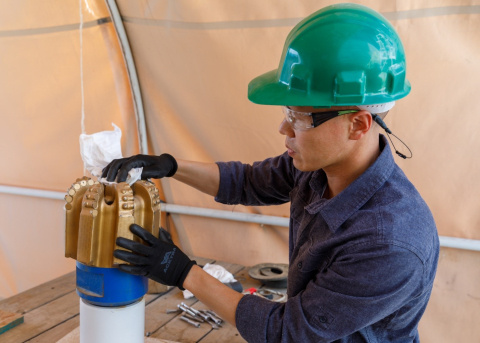
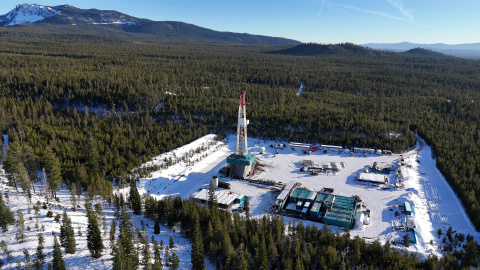
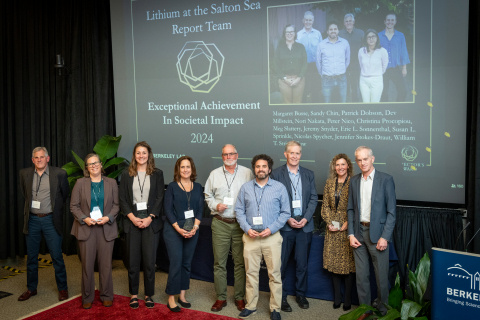



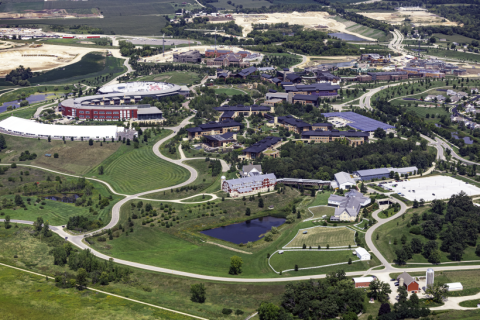
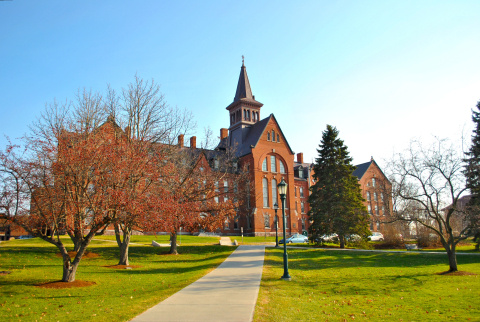
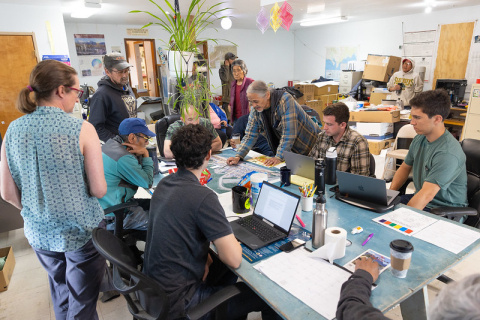
OG emails bring funding opportunities, events, publications, and activities directly to your inbox.

